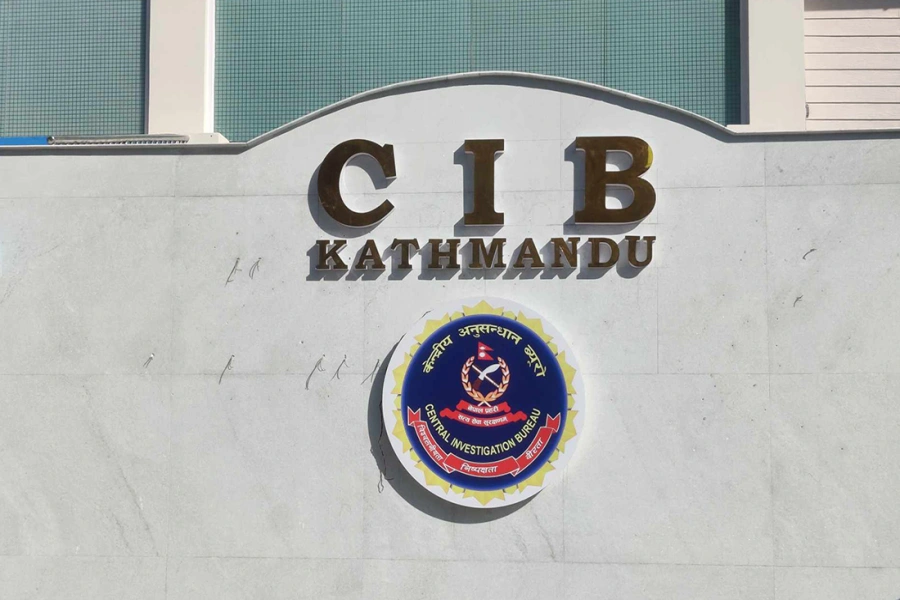KATHMANDU, April 18 : Pesticide residues in fruits and vegetables in Kalimati fruits and vegetables market, and five other cities are under acceptable limits, according to government officials.
According to officials of Kalimati-based Rapid Bioassay for Pesticide Residue Laboratory, pesticide residues in fruits and vegetables have remained below 35 percent since mid-March. "Pesticide residues remained in the range of 8-12 percent in the month of Chaitra (mid-March to mid-April). In the previous month, some samples had as high as 85 percent pesticide residue," Jageshwar Sharma, an agricultural technician at the laboratory, told Republica.
Sharma also said that tomato, cauliflower, green beans and bitter gourds have high pesticide residues compared to other vegetables.
Officials say fruits and vegetables with 35 to 40 percent pesticide become fit for consumption only after they are stored for few days. "However, it can be sent to the market only after conducting laboratory test again," added Sharma.
Lab test still mandatory for Indian fruits, veg at Bhairahawa c...

Fruits and vegetables with pesticide residues higher than 45 percent are disposed immediately.
The laboratory has been testing samples of fruits and vegetables brought in the market by farmers before they are supplied to the retailers.
Officials of the laboratory attribute awareness among farmers in terms of use of pesticides and health hazards that they bring as the reasons behind declining pesticide residue levels in fruits and vegetables.
Every day, the laboratory randomly selects 10-12 samples of fruits and vegetables that enter the market. "The last time we found pesticide residue higher than permissible limit was about a month ago. Pesticide residues in three samples tested by us had high pesticide residue. The vegetables were destroyed immediately," added Sharma.
The government established Rapid Bioassay for Pesticide Residue Laboratory at the Kalimati fruits and vegetables market two and half years ago in a bid to reduce increasing use of chemical fertilizers and pesticides in fruits and vegetables. The laboratory also aimed at raising awareness among farmers regarding the use of pesticides.
Dilli Ram Sharma, program director at the Plant Protection Directorate (PPD), said that pesticide residues in vegetables in Kathmandu Valley have decreased significantly in recent months.
"Farmers are now aware of the impact of haphazard use of pesticides and chemical fertilizers in vegetables and fruits on human health. It is one of the reasons behind significant drop in pesticide residues in vegetables," said program director Sharma. He also added that pesticide residue in fruits and vegetables was very high in Fiscal Year 2014/2015. "Such residues started falling significantly since we started testing vegetables by taking samples from the Kalimati market every day," added Sharma. He also said that the directorate has found very less harmful chemicals during similar tests conducted in other cities as well.
The directorate has also set up Rapid Bioassay for Pesticide Residue Laboratories in Pokhara, Butwal, Nepalgunj, Dhangadi and Birtamod. The laboratory in Sarlahi is expected to come into operation within few days.
Around 700 tons of fruits and vegetable are brought into the Kalimati market every day, according to Kalimati Fruits and Vegetable Market Development Board.
According to Hello Sarkar - a grievance hearing mechanism of the government, number of complaints related to pesticide residue in fruits and vegetables has fallen significantly in recent years.


































